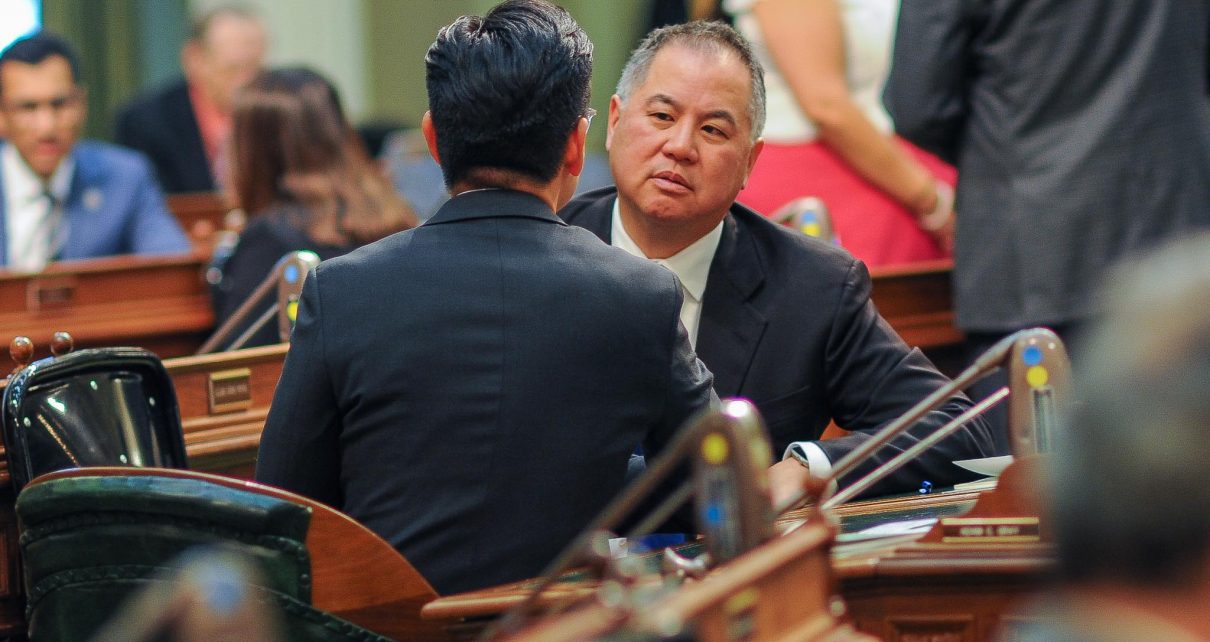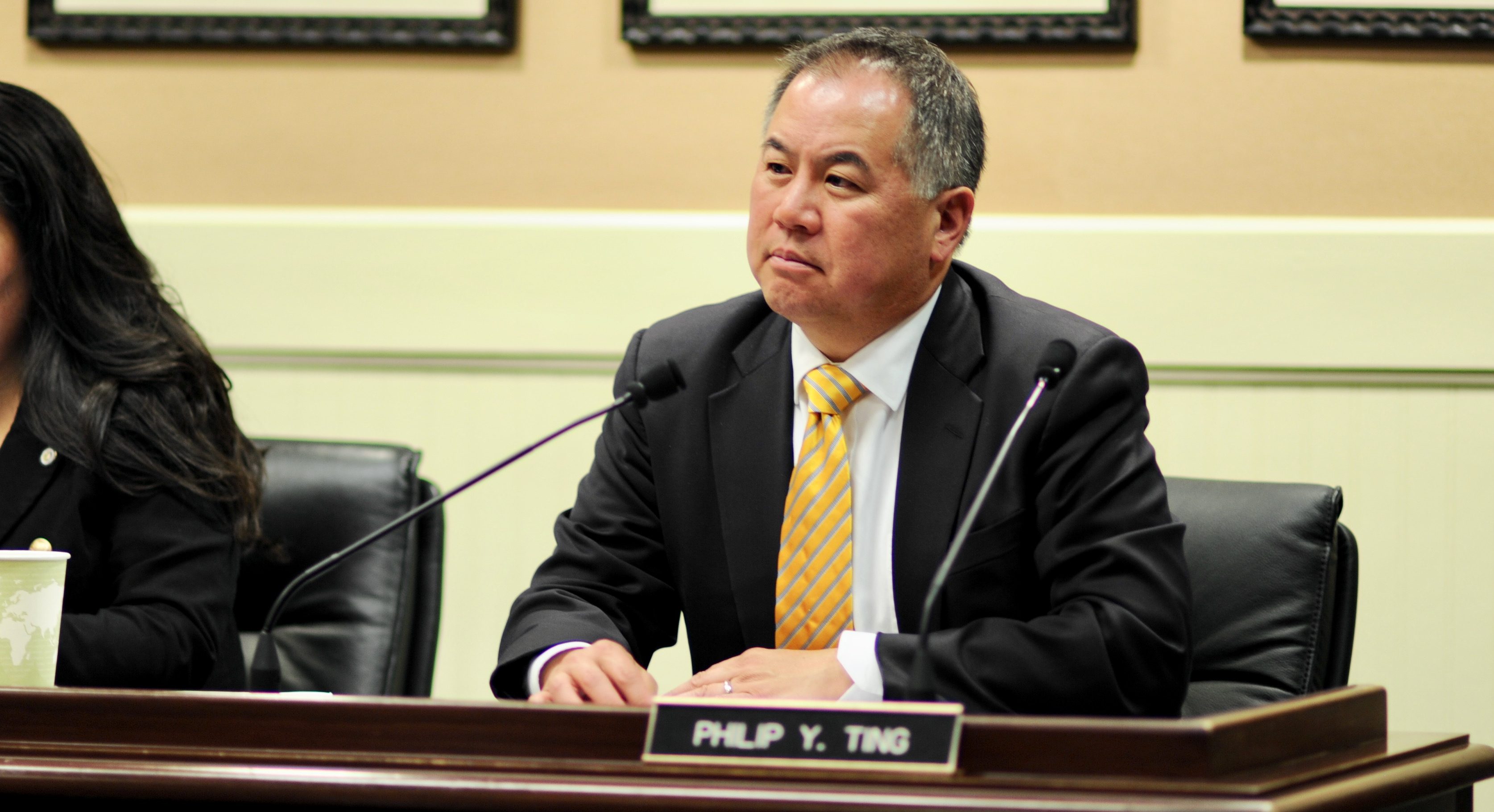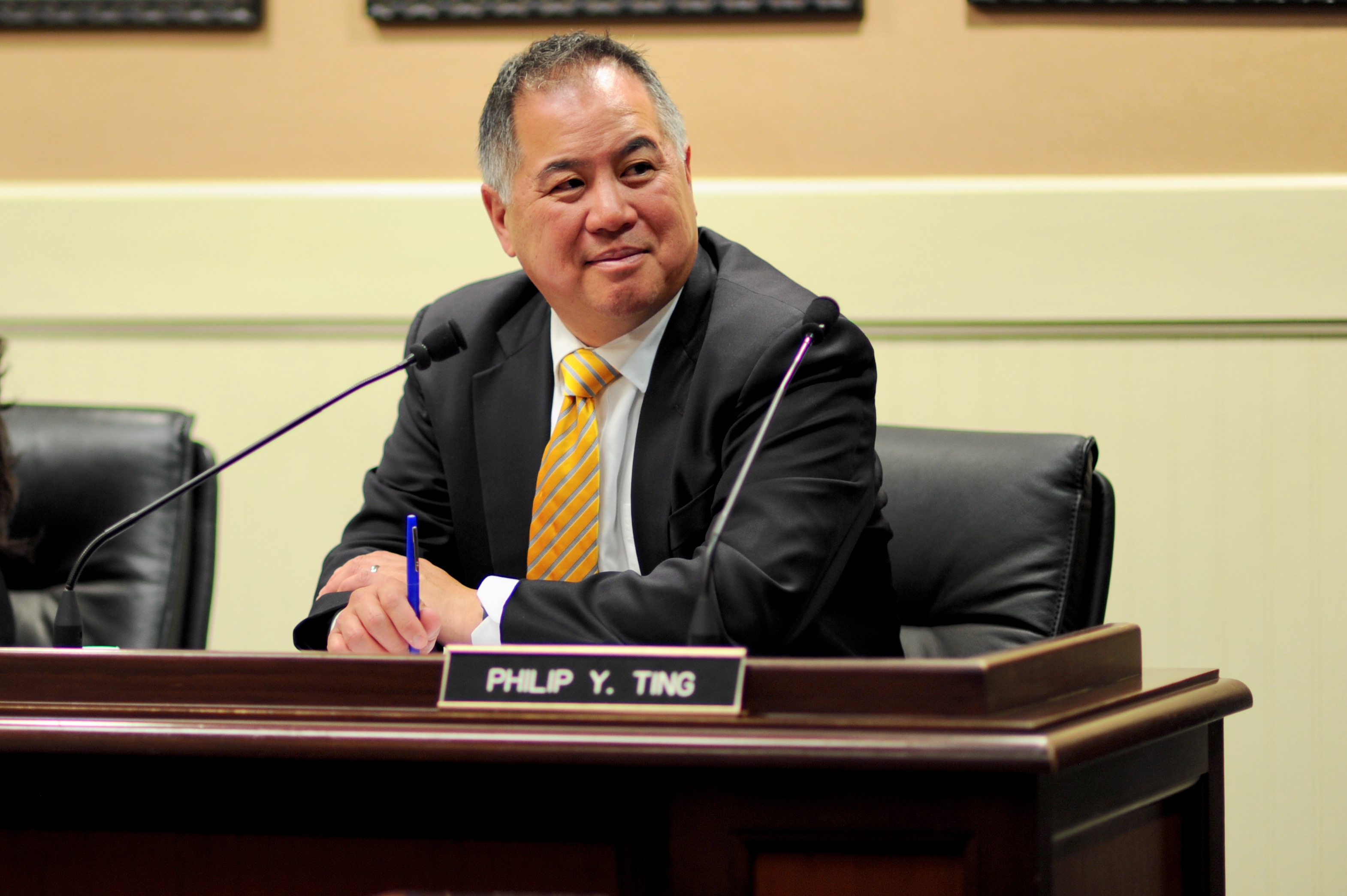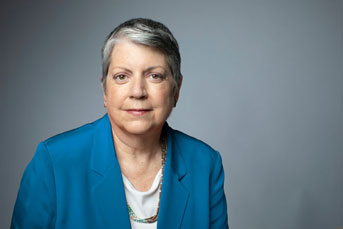
Assemblyman Philip Y. Ting. (Photo: Kevin Sanders for California Globe)
Bill To End Legacy and Donation-Based Admissions To California Colleges Passes Senate In Polarizing Vote
AB 1780 goes to Newsom’s desk
By Evan Symon, August 28, 2024 12:25 pm
A bill that would ban both legacy and donor preferred admissions at public and private colleges in California passed in the Senate on Tuesday, moving the bill to the Governor’s desk for either a signing or veto.
Assembly Bill 1780, authored by Assemblyman Phil Ting (D-San Francisco), would prohibit an independent institution of higher education from providing a legacy preference or donor preference in admissions to an applicant as part of the regular or early action admissions process. The bill would make a violation of the prohibition subject to a civil penalty equal to the amount the independent institution of higher education receives in the year before the violation occurred pursuant to the Cal Grant Program or the Cal Grant Reform Act. AB 1780 would also require the civil penalty to be assessed and recovered by the Department of Justice and deposited into the Cal Grant Account, which the bill would establish in the State Treasury.
In addition, the bill would require funds in the account, upon appropriation by the Legislature, to be available for purposes of funding the Cal Grant Program or the Cal Grant Reform Act, as well as require the department to post the names of the independent institutions of higher education that violate the prohibition on its internet website. Finally, AB 1780 would require, on or before June 30, 2026, and annually thereafter, an independent institution of higher education to report specified information about admitted students to the Legislature.
Ting has repeatedly cited the high number of legacy admissions at many California universities for wanting to end the practice of preferential treatment. In particular, Ting has noted that while the University of California system does not do legacy admissions anymore, as do all public universities in California, many private colleges do. Shakeups caused by the Varsity Blues admissions bribery scandal and last years Students for Fair Admissions v. Harvard Supreme Court case which virtually banned affirmative action in college admissions bumped up legacy and donor preferred admissions. Both incidents caused legacy and donor preferred admissions to grow. This included Stanford’s newest class being over 13% legacy and USC being 14% legacy.
Following a previous failed bill in 2019, Ting brought back the bill this year. AB 1780 managed to move forward through the Assembly and Senate, although GOP opposition was fierce. Many pointed out that the bill would only worsen diversity levels in colleges, and that legacy and donor admissions are needed to help fund schools, especially those facing budget issues. As legacy students pay full price and donors bring in large sums of money or add new buildings or needed amenities on campus, banning them would hurt universities across the state.
In May, the Assembly voted for AB 1780 55-0, but with a massive 25 vote abstention, showing that the bill is not as popular as Assemblyman Ting had made it out to be. This was followed up on Tuesday with a Senate floor vote. There the vote was similarly polarizing, passing 26-5 with 9 abstentions. Despite the bill being so divisive, Assemblyman Ting saw this as a win on Wednesday.
In a post on X, Ting wrote that “We’re one step away from sending my Legacy/Donor admissions bill, AB 1870, to the Gov. It bans preferential treatment to college applicants who are related to alumni or whose family can write a sizable check to the school. We must level the playing field.”
We’re one step away from sending my Legacy/Donor admissions bill, #AB1780, to the Gov. It bans preferential treatment to college applicants who are related to alumni or whose family can write a sizable check to the school. We must level the playing field. https://t.co/cYER1bj37p
— Phil Ting (@PhilTing) August 28, 2024
However, despite Ting’s second attempt now reaching the Governor and impressing many education experts who didn’t expect it to get this far, others noted that SB 1780 would do little to stop Universities from accepting the students they wanted. In particular, they noted that even with legacy admissions banned, Universities have dozens of alternate ways to bring those students in.
“Legacy and donor admissions are just the easiest way for admissions,” explained college admissions specialist Dorothy Wagner to the Globe on Wednesday. “Now, it is surprising that SB 1780 made it all the way to Newsom. And there is a good chance he will sign it. But there are so many ways around this. A lot of these same students have a lot of extracurriculars or experiences outside of school, for example, that would be attractive to universities nonetheless. Plus, every University knows that if you have a rich donor and you don’t except their kid, those donations dry up, so of course they’ll find another way to get them in.
“And I explained this before, but these donors and alumni bring a hell of a lot of money and other needed things to schools. Some donate so much they fund entire residence halls or even arenas. Their child or children don’t get in, they lose arena money in some cases. The endowment goes down, and that also means scholarship money. That hurts many minority students who would have no other way to pay, as well as many lower-income students. Either they can’t afford it or they take out six-figure college loans. So it only locks out more students who this bill aims to help.
“That is the scary reality of this bill, one which Ting obviously did not even consider. We have seen this sort of thing happen at other Universities who tried this out. And here’s the other thing. Even with legacy and donor admissions, it is still merit based. If a legacy student is getting a 1.8 in high school or does not do any outside activities, they aren’t getting in regardless. Those students still need to be excelling and earn those spots.
“What does Ting call it? Leveling the playing field? Well, the bill might do that, but it just changes to a new playing field then.”
SB 1780 currently awaits the Governor’s decision. Newsom is to make a decision on the bill by the September 30th deadline.
- New Information On Healthcare CEO Assassin Found SFPD Identified Shooter Days Before Arrest - December 14, 2024
- Schools Brace For New Law Prohibiting Notifying Parents of Students Pronoun Change - December 14, 2024
- New Reports Finds EPA Will Likely Give A Waiver For California’s 2035 Gas-Powered Car Sales Ban Mandate - December 14, 2024





Anything with that idiot Asm Phil Ting’s name on it has become immediately suspect. And sure enough, it turns out that in the name of making Phil Ting “look good” and look fair and reasonable” (which you will see he is not if you follow him), all universities in the state would be hurt, and with no gain in “fairness” or “leveling the playing field.”
I predict Newsom will not be signing this. Why would he want to make hardened enemies of wealthy people who are willing to part with some of their wealth in the form of donations? They might want to donate to HIM, one day, when he wants to run for Prez, only to think better of it because of this stupid and pointless vanity legislation from Asm Phil Ting.
Haha-first they destroyed the idea of merit, then discarded admission standards to rely on feelings and vibes, and now they’re coming for the children of the wealthy. This is a good example of putting off saying anything so you’ll be eaten by the crocodile last.
This bill, and all the argument on which it is based, is based on nothing but gut-level disdain and envy. I have never liked the term “legacy” which is one cooked up by those who resented challenges to affirmative action and therefore wished to throw the baby out with the bathwater. I attended a couple of colleges where strong family ties were nurtured — and not all these ties were either among the ultra-wealthy, nor among those who otherwise would not bring benefit to their college classmates. These families, many and diverse, brought a welcome loyalty to the institution, and that loyalty was as inclusive or more than any of the preposterous, and pretentious, attempts at inclusiveness practiced there, or anywhere. At the end of the day, all things said, what really galls me about this is once again government meddling in college business, in general, and in the business of private college management in particular. At a time where we are challenged by those on the right who aim to restrict your liberty, the left continues its own form of restriction, compulsion and punishment. Governor: Do not sign this silly bill.